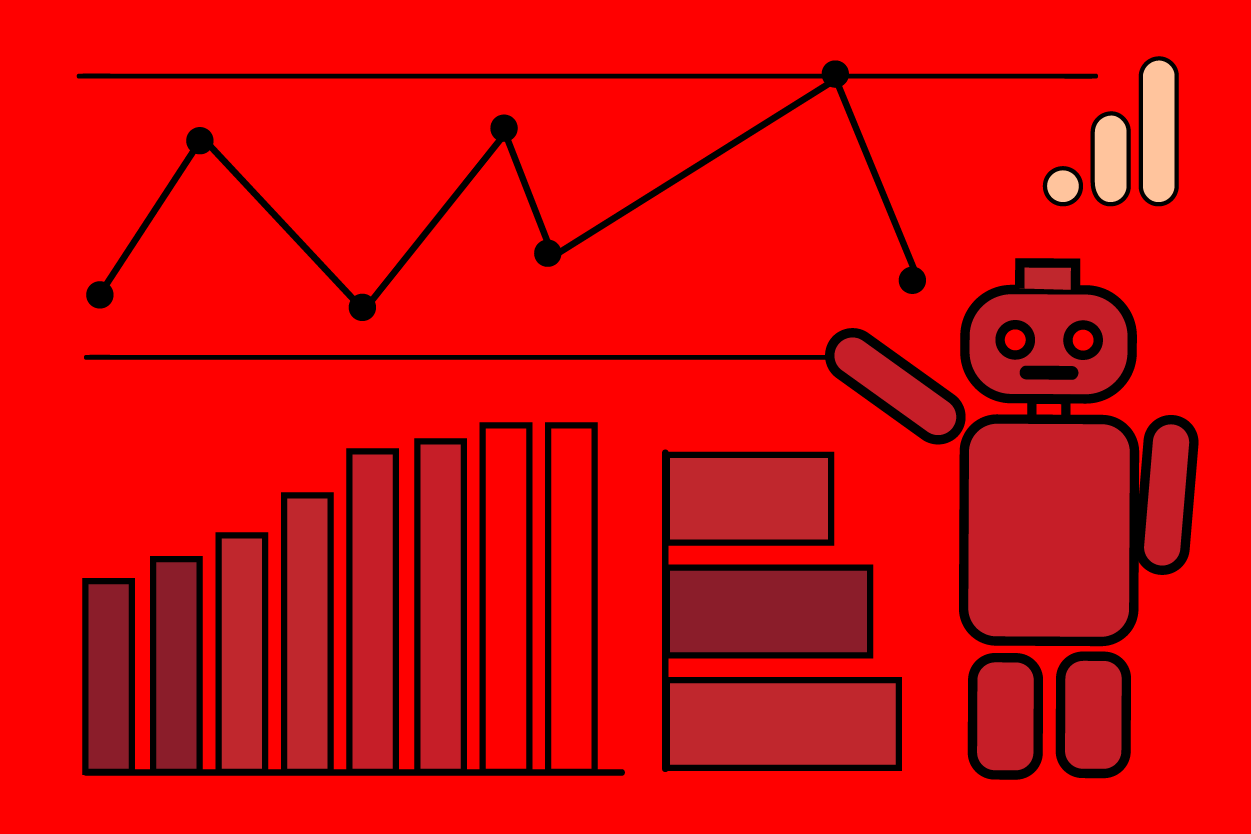Strategy Without Research Isn't Strategy—It's Expensive Guessing
This is the most expensive mistake in strategic communications: implementing solutions without understanding the problem first.
When conducting a desktop search, there will be a Next button at the bottom of the search results page.

We’ve all done a Google search and found that the first few results aren’t what we were looking for. What do you do then? For a while, Google provided a continuous scroll feature that allowed you to keep scrolling down through responses and find what you were looking for. This continuous scroll feature was launched in October 2021 for mobile searches and in December 2022 for desktop searches.
As people have gotten used to continuous scrolling over the past year or two, many people have found it easier to do this instead of clicking through to page two of search results. However, Google has now dropped the continuous scroll feature so that you once again have to click through on page numbers to see more results.
Remember the pagination bar with page numbers that was at the bottom of the search page for so many years? It’s back, and you’ll need to use it to see more results, and so will your customers who are looking for what you offer.
When conducting a desktop search, there will be a Next button at the bottom of the search results page. On mobile devices, the button at the bottom will read “More results.”

The problem is that many people don’t click through to go to page two. If your website is found on page two, you may see fewer people click through to get there. Unlike an easy scroll downward, seeing that something is on page two and that they have to click through often suggests to people that these are the less-favorable results.
The change is being made by Google because the continuous scrolling feature didn’t make people much more satisfied with the searches they conducted. And with continuous scrolling, the search results were often slowed down. Having to click through to get to the next page will mean faster results. With the end of this feature, people won’t have to wait for results to load that weren’t even asked for by the user.
The perceived quality issue keeps the vast majority of people from clicking through to page two. According to an analysis of Google search results data, about 0.63% of users go to page two in their results. When most people reach the end of page one and haven’t found what they’re looking for, they simply change the search terms and conduct a new search.

With the changes to Google searches, the reporting in the Search Console will be the same. However, it is likely to change the behavior of users and result in fewer page views if you aren’t on page one. Position reporting will work the same way, but you may experience very different reports.
Search engine placement has always been important, but it’s now more important than ever. You can’t count on your customers to be part of the 0.63%. However, it isn’t known yet how much traffic may drop off for results that are on page two. It may be that there is only a minor change if the same number of people who were willing to keep scrolling for answers are willing to click through instead.
It may also be that even as the volume of visitors to a site goes down, the ones who are left are more valuable because they were willing to go further in their search for the right results.
Having an organic search strategy is the key to being there for customers no matter the scrolling or clicking they have to do to find you. Concentrate on getting content that’s high-quality and likely to be ranked well.
When you pay attention to your organic search strategy, you can get more visitors who are intent on finding you rather than those who accidentally end up there by chance. Engaged traffic is better traffic, and it can do more for your bottom line than incidental traffic.